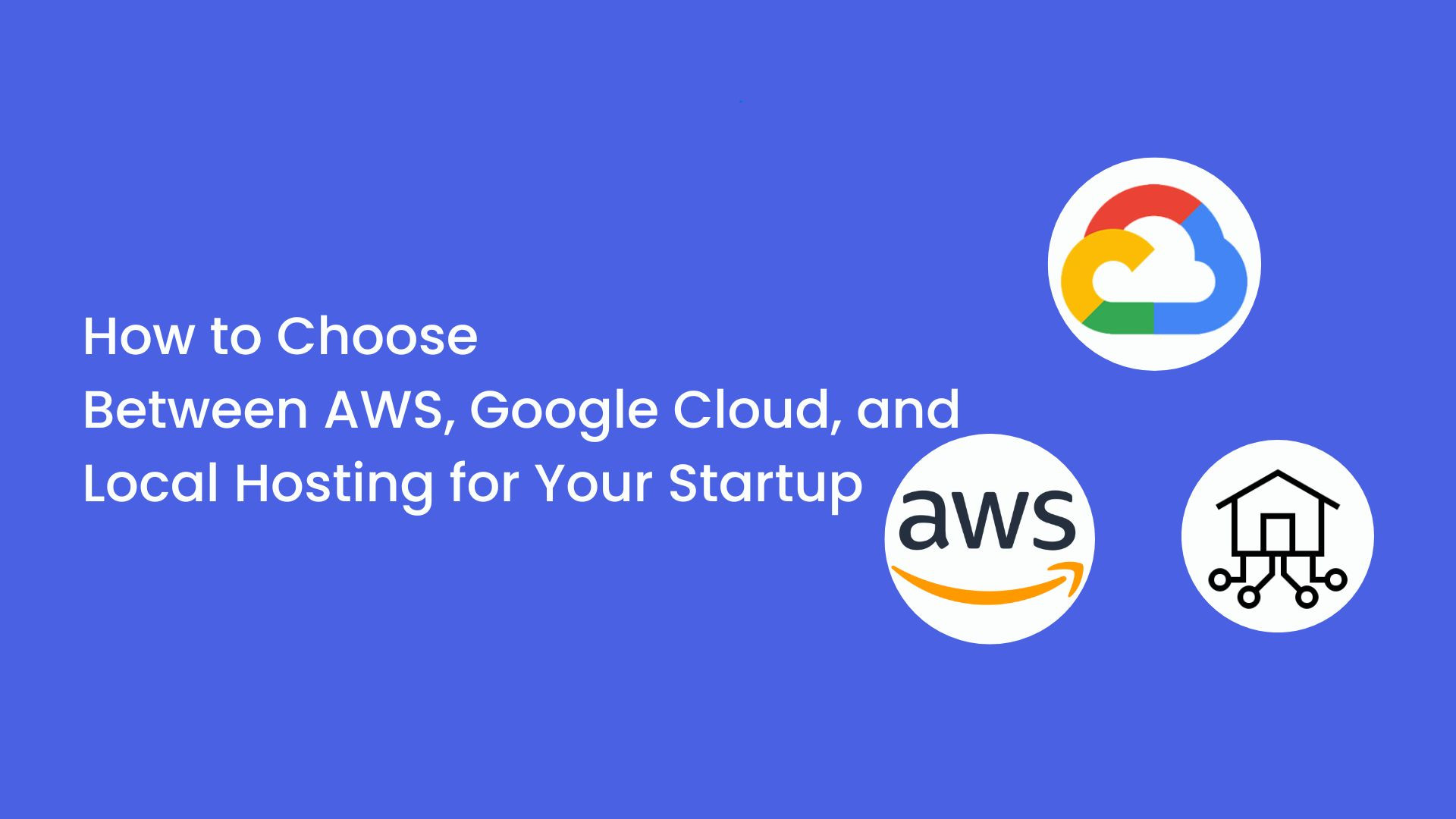
Selecting the right IT partner is a critical decision that can significantly impact your company’s efficiency, security, and growth. Whether you’re looking for managed IT services, cybersecurity expertise, or cloud solutions, the right partner can help optimize your technology infrastructure, reduce costs, and improve productivity. However, with so many providers in the market, choosing the ideal IT partner can be challenging. Here’s a guide on how to make the best choice for your business:
1. Understand Your Business Needs
Before selecting an IT partner, it's essential to assess your company's specific technology needs. Do you need help with network management, data security, cloud migration, or system upgrades? Identifying your key pain points and goals will help you determine the types of services you require from an IT partner. Whether your priority is enhancing cybersecurity or upgrading your infrastructure, understanding your needs will allow you to select a provider that aligns with your objectives.
2. Assess Industry Experience and Expertise
Experience matters when it comes to IT services. Look for an IT partner with a proven track record of success in your industry. Different industries have varying IT requirements, from compliance with strict regulations in healthcare and finance to scalability in retail and manufacturing. An experienced IT partner will understand the unique challenges of your sector and provide tailored solutions. Additionally, ensure that the provider’s team has the necessary certifications and technical expertise to manage your IT infrastructure effectively.
3. Evaluate Service Offerings
Not all IT partners offer the same range of services. Some may specialize in cybersecurity, while others may focus on cloud computing or managed services. Review each provider’s service offerings to ensure they can meet your current and future IT needs. Look for a partner that provides end-to-end IT services, including proactive maintenance, remote monitoring, helpdesk support, and disaster recovery. A comprehensive IT partner can grow with your business and address various technological challenges as they arise.
4. Check Their Scalability
As your business grows, so will your IT requirements. Choose an IT partner that can scale their services to meet your business's changing demands. Whether you're expanding to new locations, adding employees, or adopting new technologies, a scalable IT partner will be able to support your growth without causing disruptions. Ask potential partners how they handle scaling their services and ensure they can adapt to your evolving needs.
5. Consider Response Times and Availability
When IT issues arise, quick response times are essential to minimize downtime and disruptions. Find out what kind of support the IT partner offers—are they available 24/7? Do they provide guaranteed response times through a Service Level Agreement (SLA)? Downtime can be costly, so it’s important to choose a partner that provides reliable and fast support whenever issues arise. Make sure they have clear communication channels and a proven track record of timely responses to client issues.
6. Focus on Security Expertise
Cybersecurity should be a top priority when choosing an IT partner. As cyber threats become more sophisticated, it’s essential to work with a provider that takes data security seriously. Inquire about their security protocols, including how they protect against threats like ransomware, phishing, and malware. The IT partner should offer security services such as firewalls, encryption, multi-factor authentication (MFA), and continuous monitoring. Additionally, they should help your business maintain compliance with industry regulations and data protection laws.
7. Look for a Strategic Partner, Not Just a Vendor
Your IT partner should be more than just a service provider—they should act as a strategic advisor who understands your business goals and helps you leverage technology to achieve them. A good IT partner will offer proactive advice, helping you plan for future growth, adopt new technologies, and stay ahead of industry trends. Look for a partner who provides ongoing consultation, helping you align your IT strategy with your overall business objectives.
8. Examine Customer Testimonials and References
Customer testimonials and case studies can provide valuable insights into an IT partner’s reliability and service quality. Ask for references from businesses similar to yours and follow up with those clients to understand their experience. Were they satisfied with the level of service? How effectively did the provider solve their IT challenges? What was the overall impact on their business? Positive feedback and long-term relationships are strong indicators of an IT partner’s competence and customer focus.
9. Assess Their Proactive Approach
The best IT partners are proactive, not reactive. Instead of waiting for issues to arise, they actively monitor your systems and take preventive measures to avoid problems before they impact your business. Ask potential IT partners about their approach to monitoring, maintenance, and performance optimization. A proactive IT partner will keep your systems running smoothly and prevent costly downtime through regular updates, security patches, and monitoring.
10. Understand Their Pricing Model
IT services pricing can vary greatly depending on the provider and the scope of services offered. Be sure to understand each IT partner’s pricing model—whether it's based on a fixed monthly fee, hourly rates, or per-project pricing. Transparent pricing will help you avoid unexpected costs down the road. Opt for a partner that provides a clear breakdown of costs and ensures there are no hidden fees. Additionally, consider whether their services will deliver good value for money, as the cheapest option may not always be the best.
11. Ensure Compatibility with Your Existing Systems
Before partnering with an IT provider, ensure that their solutions are compatible with your existing infrastructure and software. The IT partner should have the ability to integrate seamlessly with your current systems and tools. This includes ensuring that any new hardware or software they recommend can work in harmony with your current setup. Avoid partners who push for drastic changes without considering how it will impact your overall system functionality.
12. Trial Period or Proof of Concept
Some IT partners offer trial periods or proof of concept (PoC) programs, allowing businesses to test their services before making a long-term commitment. This can be a valuable opportunity to assess the provider's capabilities, responsiveness, and overall fit with your business. If available, take advantage of these programs to see how well the IT partner aligns with your needs and expectations in a real-world setting.
Conclusion
Choosing the right IT partner is a strategic decision that can have a lasting impact on your business’s success. By understanding your IT needs, evaluating a provider’s expertise and service offerings, and prioritizing security and scalability, you can find a partner that aligns with your business goals. The right IT partner will not only save you time and money but also help you stay competitive in an increasingly technology-driven marketplace. Take the time to research and select a provider that can offer long-term value and act as a trusted advisor in your digital transformation journey.










Post Your Comments